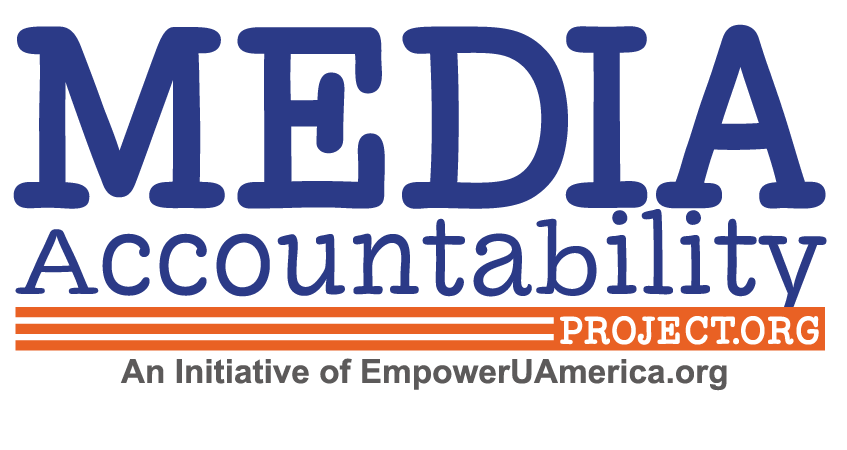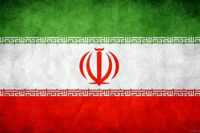Secretary of State Antony Blinken recently announced that the U.S. has entered into a prisoner exchange with Iran under which five American hostages currently held in Iranian prisons will eventually return home in exchange for the release of an unnamed number of Iranians currently held in U.S. prisons. However, the Americans aren’t going to reach home immediately – if the deal goes through, they will be released to “house arrest” in Iran for some period of time. And the deal involves a bit more than just a prisoner exchange – it also involves the release of $6 billion dollars that the U.S. has been holding in a South Korean bank since we declared sanctions on Iran.
But Secretary Blinken wants us to fully understand that this is definitely not American taxpayer money, so all is good. And the money will only be accessible to the Iranians for humanitarian purposes, so there’s nothing to see here. The $6 billion dollars itself will be transferred from South Korea to a bank in Qatar, which will take care of dispensing it to the Iranians. And we are told, somehow the U.S. Treasury Department will be overseeing those transfers, which are further described as being used for trade purposes that are tied to humanitarian issues. No problem there. Secretary Blinken assures us that this is neither ransom money nor sanctions relief. Who would have thought otherwise?
Unfortunately, the Iranian Foreign Ministry itself described those funds as having been “illegally seized in South Korea by the United States for several years.” It further stated that “[t]he decision on how to utilize these unfrozen resources and financial assets lies with the Islamic Republic of Iran. The competent authorities will allocate these resources to address the various needs of the country.” So, if the need of the country of Iran is to develop nuclear capabilities, can this money be used for “humanitarian purposes” while other money is put toward nuclear development? Of course, Secretary Blinken tells us, that can’t happen since Qatar is overseeing the dispersal of those funds.
Never mind that not so long ago, Qatar supported Islamic terrorists such as the Taliban and al-Qaeda. That’s in the past. Now Qatar has aligned with Saudi Arabia, the UAE, and other Gulf States and sees itself in a peacemaking role in among the Arab states. And, just to demonstrate its impartiality, Qatar just happens to be party to a 2022 bilateral cooperation deal with Iran. Actually, Qatar is intimately involved with Iran in oil production. So it’s obvious we can trust Qatar to only release funds to Iran with the advice and consent of the Treasury Department.
Some critics have charged the Biden administration with giving in to Iranian blackmail. It does bring back memories of the Obama administration sending $1.7 billion in cash to Iran in 2016. That, of course, was the settlement of a “decades-old arbitration claims between the U.S. and Iran.” Iran at that time blamed the U.S. for illegally holding its money. Funny how times have changed! Or have they?



